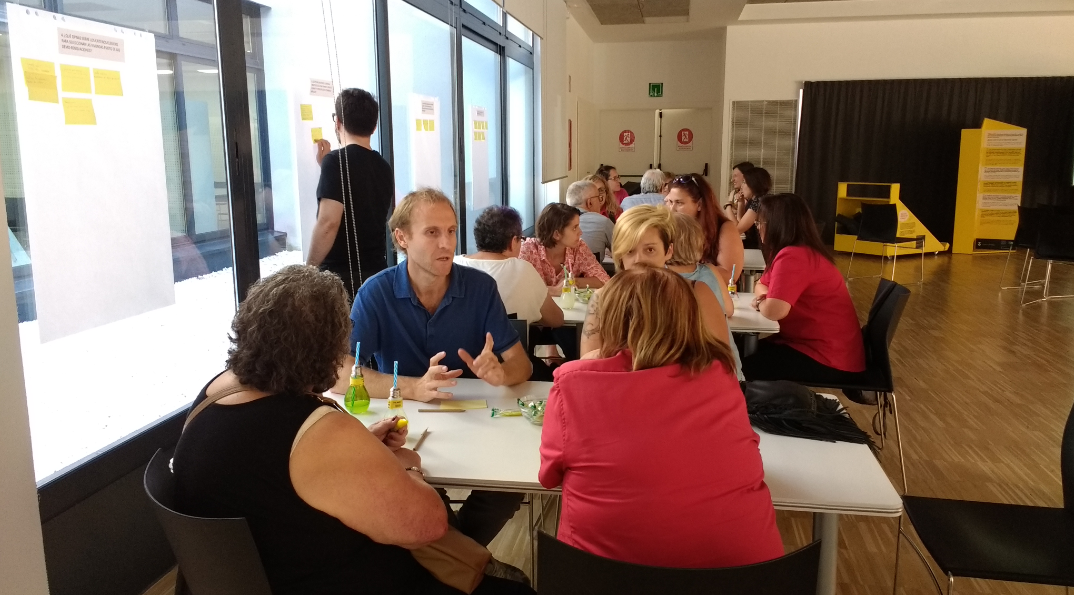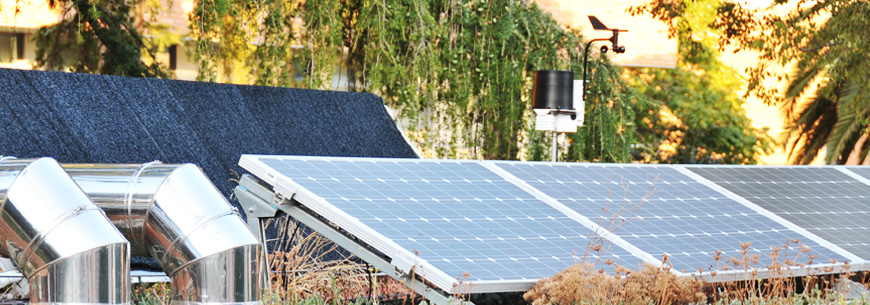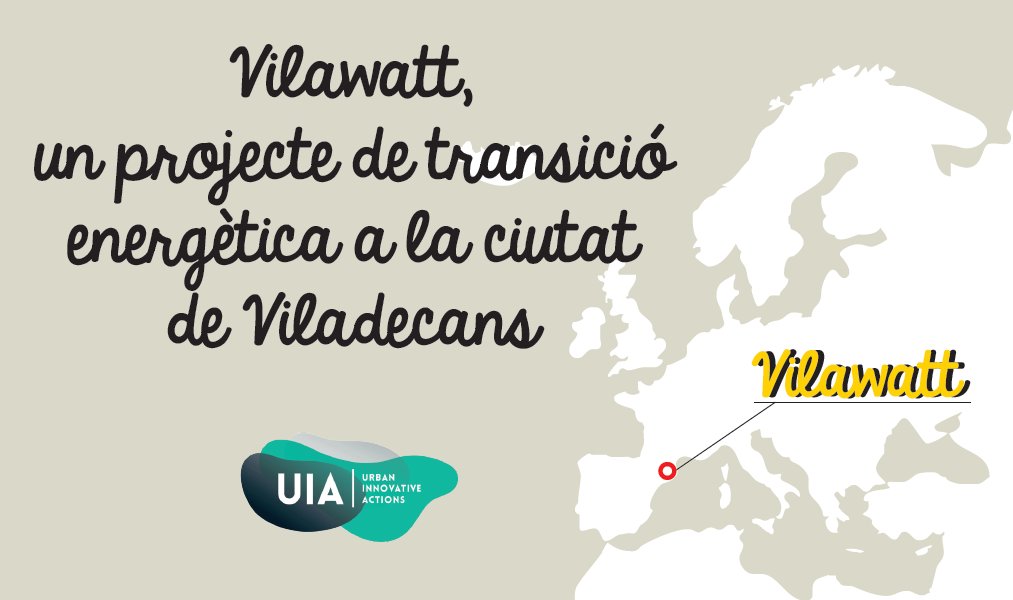
set. 5, 2021
And LIMA is part of it!!!
ePLANET project will use a new clustering governance strategy together with the most innovative tools in data integration and big data analysis to accelerate the Energy Transition in European municipalities.
One of the main challenges to achieve the Energy Transition objectives is to improve the coordination between local authorities and regional governments in order to optimise the decision-making process, coherence and consistency of the deployment of SECAPs (Sustainable Energy and Climate Action Plans) and the implementation of ETMs (Energy Transition Measures) in towns and cities. ePLANET will respond to this challenge by fostering the digitalisation and harmonization of ETMs, SECAPs and all the energy data available in dispersed data sources, and promoting an innovative cluster-based multi-governance of public authorities, thus enabling an ecosystem of shared data and tools to support decision-making on energy transition.
The ePLANET project will allow the massive data collection of successful experiences in Energy Transition Measures, making the data, measures and plans implemented comparable at European level and also compatible with regional and national plans. This will improve decision-making (more informed, more transparent and faster), contributing to the improvement of monitoring and verification systems. In this way, the aim is to contribute to an efficient planning for decarbonisation plans throughout the territory, including deployment of renewable energy sources and reduction of energy consumption in sectors such as mobility, buildings and the industrial sector.
The proof of concept -ensuring correct deployment of tools and effective focus on the real needs of public authorities- will be developed and validated in three pilot regions: Girona region (Catalonia, Spain), Crete island (Greece) and Zlín region (Czech Republic). Following validation, the outcomes will be scaled up at national level and replicated in other EU regions.
 The ePLANET project has a three year duration and, a part from LIMA, the consortium includes 9 more EU organizations: CIMNE (ES, coordinator), Catalan Energy Institute (ES), CRES (GR), FEDARENE (BE), ICLEI (DE), Girona region government (ES), Regional Development Fund of Crete (GR), Energy Agency of the Zlín Region (CZ), and THREE O’CLOCK consultancy (FR).
The ePLANET project has a three year duration and, a part from LIMA, the consortium includes 9 more EU organizations: CIMNE (ES, coordinator), Catalan Energy Institute (ES), CRES (GR), FEDARENE (BE), ICLEI (DE), Girona region government (ES), Regional Development Fund of Crete (GR), Energy Agency of the Zlín Region (CZ), and THREE O’CLOCK consultancy (FR).

oct. 29, 2019
Conference on comprehensive approaches for the energy renovation of buildings
Last October 2019, as part of the ProGETonE project, LIMA organized an international conference on comprehensive approaches to energy renewal in the Mediterranean. We could count with the collaboration of several European projects, such as Vilawatt, Turnkey Retrofit, FEEdBACk and Basajaun.
Six experts presented their experiences in these European projects and from various points of view, leading to a round table. A very interesting debate was created on the main challenges we face today in order to achieve the energy renovation of buildings, mainly in the Mediterranean area, and the possible solutions and tactics to overcome these challenges.
Some main conclusions are:
– The deep renovation must face the social barriers, since the technical solutions are already there.
– For the inhabitants, energy efficiency is almost never the main reason for a renovation, so other interventions (not related to energy) must be taken into account to add energy efficiency improvements.
– We must integrate comfort and health as key factors for renovation.
– The energy renovation of buildings must come from a bottom-up approach.
You can consult the presentations and the summary of conclusions in the download section of the ProGETonE website

febr. 1, 2019
Last February, the three communities selected to participate in the rehabilitation process as part of the VILAWATT project were announced. The three communities in question will be subject to an ambitious energy renovation of their buildings, built almost 50 years ago, with the ultimate goal of reducing energy consumption by 70% and, at the same time, offering healthier and more comfortable interiors for its inhabitants.
The project is innovative in many aspects, for instance, in the way of focusing and managing the renovation process. Vilawatt is above all an energy transition project and, therefore, it aims to motivate a change in the way users have participated so far in the renovation processes of their buildings, integrating energy culture and environmental quality.
Such an ambitious renovation project also needs the change in the way users will perceive their buildings. Habits that were common until now will have to adapt to the new needs of the renovated building.
For the renovation to be successful and meet the needs of the users, it is very important to ensure their active and proactive participation in the whole process. For this reason, as part of the project, a participatory process has been designed with the neighbors of the communities. This process is based on learning and exchange meetings to co-design the necessary energy renovation actions in each building and adapt it to the singularities of the users and the community.
Last March, the participatory process began with the first meetings with the communities where the entire process was explained, the ambition of the project and the need and convenience of their active participation. Since then, and during the coming weeks, intensive work is being carried out between the actors responsible for the renovation project – VIMED, Associació LIMA, Gespromat – and the users of the buildings in order to reach a consensus on the interventions of renovation to be implemented in the three buildings and to approve some executive projects before summer.

gen. 3, 2019
Let’s learn a little more about this tool!
The Vilawatt currency is a local currency linked to environmental protection. How does it work? What are its goals? How will it evolve? What technology is behind it? These are some questions you will be able to answer by watching the video below. To consult other project news, do not hesitate to enter the Vilawatt’s blog.

gen. 2, 2018
El prototip de LIMA, a través de la implicació del IREC – Institut de Recerca en Energia de Catalunya, és un dels dos edificis de l’Estat Espanyol representats a la Tasca 40/ECBCS Annex 52 de l’Agència Internacional d’Energia: Towards Net Zero Energy Solar Buildings. En el marc de la tasca es desenvoluparan un marc de definicions internacionals sobre estàndards d’edificació, eines, solucions innovadores i guies per a la indústria de la construcció, entre altres a través de projectes de demostració, com el prototip de LIMA. El segon edifici participant és el edifici del CIRCE – Centro de Investigación de Recursos y Consumos Energéticos, a Saragossa, de Petra Jebens-Zirkel.
ww.iea-shc.org/task40/

des. 31, 2017
Vilawatt basa la seva transició energètica en la creació d’una nova estructura formada per ciutadans, empreses i Ajuntament, que constituirà un operador energètic integral, amb l’objectiu d’assolir una gestió energètica més eficient. Aquest operador promourà la capitalització dels estalvis per finançar la rehabilitació energètica integral dels edificis residencials del barri de la Montserratina. A més a més, es crearà una moneda complementària, anomenada Vilawatt, que servirà tant per incentivar els estalvis energètics com per enfortir l’economia local. Un punt clau de tot el procés serà el treball comunitari amb la veïns, i on es treballarà des de les fases més inicials la participació de totes les parts implicades: ciutadans, empresa local i Ajuntament.
LIMA és soci clau del projecte Vilawatt en totes les tasques relatives a la rehabilitació energètica integral. Aportarà principalment la seva expertesa en la caracterització dels edificis i la determinació de les mesures de renovació que es proposarà d’implementar per aconseguir estalvis energètics importants.
El projecte ha tancat la fase d’iniciació que es desenvolupa en els quatre mesos posteriors a la notificació d’aprovació del projecte, i durant el qual es firmen tots els documents contractuals entre els socis i l’entitat finançadora.

 The ePLANET project has a three year duration and, a part from LIMA, the consortium includes 9 more EU organizations: CIMNE (ES, coordinator), Catalan Energy Institute (ES), CRES (GR), FEDARENE (BE), ICLEI (DE), Girona region government (ES), Regional Development Fund of Crete (GR), Energy Agency of the Zlín Region (CZ), and THREE O’CLOCK consultancy (FR).
The ePLANET project has a three year duration and, a part from LIMA, the consortium includes 9 more EU organizations: CIMNE (ES, coordinator), Catalan Energy Institute (ES), CRES (GR), FEDARENE (BE), ICLEI (DE), Girona region government (ES), Regional Development Fund of Crete (GR), Energy Agency of the Zlín Region (CZ), and THREE O’CLOCK consultancy (FR).




